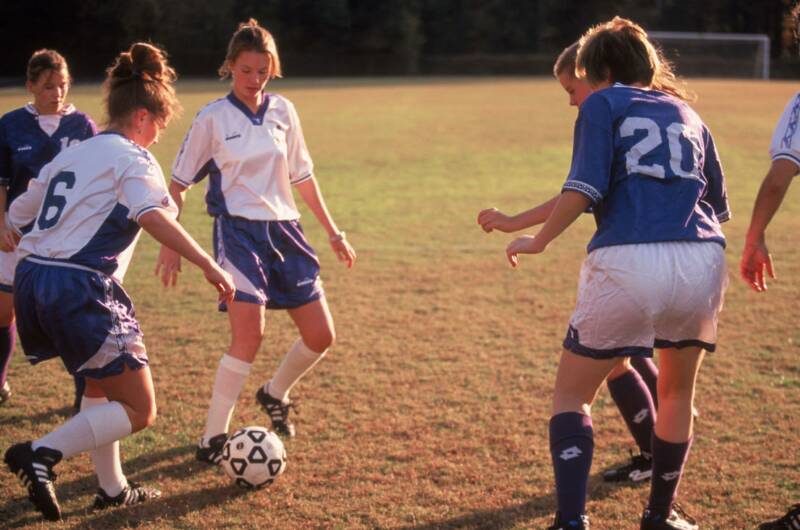The Elevation Model
T.E.A.M. Coaching
Teach. If we really want our athletes to adopt winning practices, we have to teach those practices explicitly. This is particularly important in the 'softer' skill areas of competitive character, self direction, teamwork, and leadership. In many cases, our athletes only have a vague idea of what we really mean by those concepts. A simple approach is to pick a winning practice to emphasize at the beginning of practice (for example, 'we need more spark at practice.') Define its importance. Tell a personal story about it. Make it clear you expect the team to embrace it and practice it. Come back around to that theme at the end of practice. Enhance your coaching with a handout.
Enforce. We can enforce our teaching by assigning responsibilities and holding our athletes accountable. For example, assign the captains specific leadership practices to be completed on a daily basis. Give the entire team specific behaviors to work on in the areas of character, competence, and teamwork. Then hold them accountable for delivering.
Advocate. We can further reinforce our teaching by advocating for those behaviors we want to see. Take the time to recognize and reward your athletes for demonstrating the winning practices in the Elevation Model. This is especially effective for athletes who are important to the team but not seeing much playing time. Also point out positive behaviors by opponents or by athletes on television. This kind of positive reinforcement will encourage your athletes to keep character, self direction, teamwork, and leadership at the front of their minds.
Model. When it comes to things like character, competence, teamwork, and leadership, what we do is often more important than what we say. We have to model the very values and behaviors we expect our athletes to deliver. When we don't, we send mixed signals to our athletes - signals which cause them to hesitate before stepping up. When we do model the things we want to see, we give our athletes the assurance they need to step up and deliver.
Consistency
Broken down to its elements, T.E.A.M. Coaching is nothing earth-shattering. We all teach, enforce, advocate, and model various skills and behaviors for our athletes. The problem for most of us is, we do not always do these things consistently and with a clear purpose in mind. If truth be told, many of us make the occasional mistake of teaching one thing and enforcing, advocating, or modeling something contradictory. This kind of inconsistent or even contradictory teaching confuses our athletes and dilutes team trust.
The real value of T.E.A.M. Coaching is in the focused consistency it brings to our coaching. When we operate with the T.E.A.M. model in mind, we are more likely to teach the right thing at the right time in the right way. The T.E.A.M. method makes us more self aware, so that we more consistently enforce, advocate, and model the behaviors we want to see in our athletes. The T.E.A.M. method also reminds us to catch ourselves before we send contradictory messages to our athletes by teaching one thing and enforcing, advocating, or modeling another.
We do not proclaim that T.E.A.M. coaching is the be-all and end-all of coaching. But we do find it to be an extremely helpful approach for helping us be more efficient and effective in the limited time we have available to coach our athletes.
Thanks for being a coach!
Copyright 2008 Community Health Solutions, Inc.

